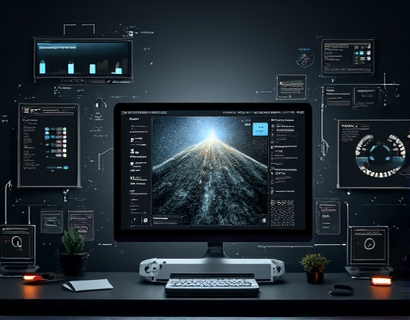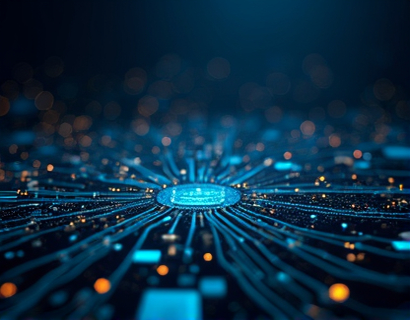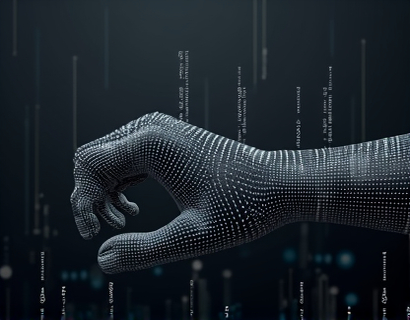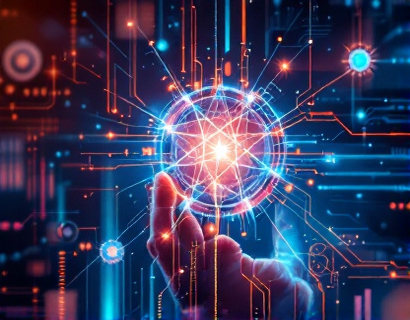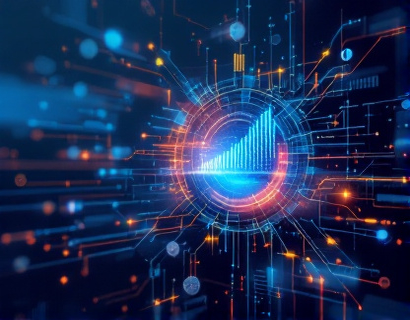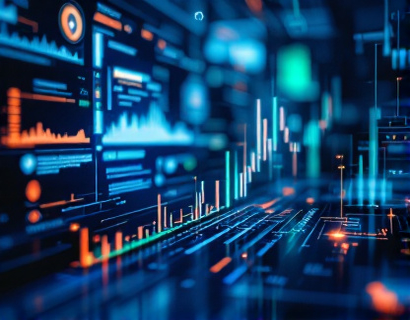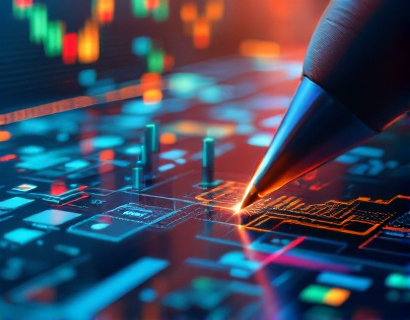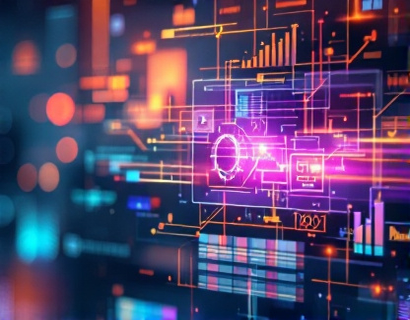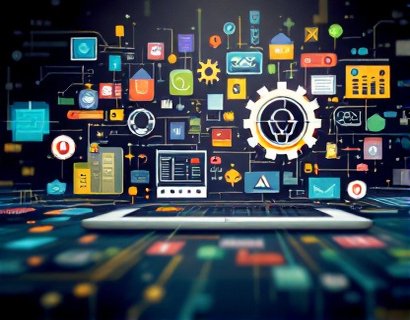Unleashing Next-Gen Digital Transformation: The Synergy of Crypto and AI
The intersection of cryptocurrency and artificial intelligence represents a revolutionary frontier in digital transformation. This fusion is not just a technological curiosity but a powerful force reshaping how we interact with digital systems, enhancing security, efficiency, and innovation. For tech innovators and early adopters, understanding and leveraging this synergy can unlock unprecedented opportunities to redefine digital experiences and drive transformative change.
Understanding the Basics: Cryptocurrency and Artificial Intelligence
Cryptocurrency, at its core, is a digital or virtual currency that uses cryptography for security. It operates on a decentralized network, typically a blockchain, which ensures transparency and immutability. On the other hand, artificial intelligence involves the simulation of human intelligence processes by machines, particularly computer systems. These processes include learning, reasoning, and self-correction. When combined, these technologies create a potent toolset for innovation.
The Power of Blockchain in AI
Blockchain technology offers a robust framework for AI applications by providing a secure, transparent, and decentralized environment. One of the key benefits is data integrity. AI models require vast amounts of data to train and improve. Blockchain ensures that this data is tamper-proof, enhancing the reliability of AI systems. Smart contracts, self-executing contracts with the terms directly written into code, can automate and enforce agreements in AI-driven processes, reducing the need for intermediaries and increasing efficiency.
Enhanced Security through Crypto and AI
Security is a paramount concern in both cryptocurrency and AI. Cryptographic techniques used in blockchain can bolster AI systems against cyber threats. For instance, AI can detect and mitigate anomalies in real-time, while blockchain ensures that sensitive data is securely stored and transmitted. This dual approach creates a more secure digital ecosystem, crucial for applications in finance, healthcare, and beyond.
Decentralized AI: A New Paradigm
Decentralized AI, or federated learning, is an emerging field where AI models are trained across multiple decentralized devices or servers holding local data samples, without exchanging them. This approach not only enhances privacy but also improves model robustness by leveraging diverse data sources. Blockchain can facilitate this process by providing a transparent and secure way to manage data sharing and model updates, ensuring that all participants are incentivized and rewarded fairly.
Incentivization and Tokenomics
The integration of cryptocurrency in AI applications introduces new models of incentivization. Tokenomics, the study of tokens and their economic properties, plays a crucial role here. Tokens can be used to reward contributors to AI models, such as data providers and model trainers. This creates a vibrant ecosystem where participants are motivated to contribute high-quality data and resources, driving the continuous improvement of AI systems.
Case Studies: Real-World Applications
Several projects are already demonstrating the potential of combining crypto and AI. For instance, a decentralized AI marketplace allows developers to buy and sell AI models using cryptocurrency, with transactions recorded on a blockchain. This ensures transparency and trust, as all transactions are verifiable and immutable. Another example is a blockchain-based AI research collaboration platform, where researchers from around the world can contribute to and benefit from shared AI models, with token-based incentives encouraging active participation.
Challenges and Considerations
While the potential is vast, the fusion of crypto and AI is not without challenges. Scalability remains a significant issue, as both blockchain and AI require substantial computational resources. Energy consumption is another concern, particularly for blockchain networks that use proof-of-work consensus mechanisms. However, the development of more efficient algorithms and the adoption of proof-of-stake models are helping to mitigate these issues.
Regulatory uncertainty is another factor to consider. As this field evolves, governments and regulatory bodies are beginning to take notice, leading to a need for clear guidelines and frameworks. Early adopters and innovators must stay informed and adapt to these changes to navigate the landscape effectively.
Future Prospects: The Road Ahead
The future of digital transformation through the combination of crypto and AI is promising. As technology advances, we can expect more sophisticated and efficient solutions. The development of interoperable blockchain networks will facilitate seamless integration with AI systems, enabling more complex and powerful applications. Additionally, advancements in quantum computing may further enhance the capabilities of AI, though they also pose new challenges for blockchain security.
For tech innovators and early adopters, embracing this synergy can lead to groundbreaking innovations. By leveraging the strengths of both crypto and AI, they can create solutions that are not only secure and efficient but also highly scalable and adaptable. The key is to stay at the forefront of these developments, continuously exploring new possibilities and addressing emerging challenges.
Conclusion: Embracing the Next Generation of Digital Transformation
The convergence of cryptocurrency and artificial intelligence represents a new era in digital transformation. For those who are willing to explore and invest in this intersection, the rewards are substantial. By harnessing the power of blockchain and AI, innovators can build more secure, efficient, and innovative digital solutions. This is not just a technological evolution but a revolution that has the potential to redefine how we interact with the digital world.






